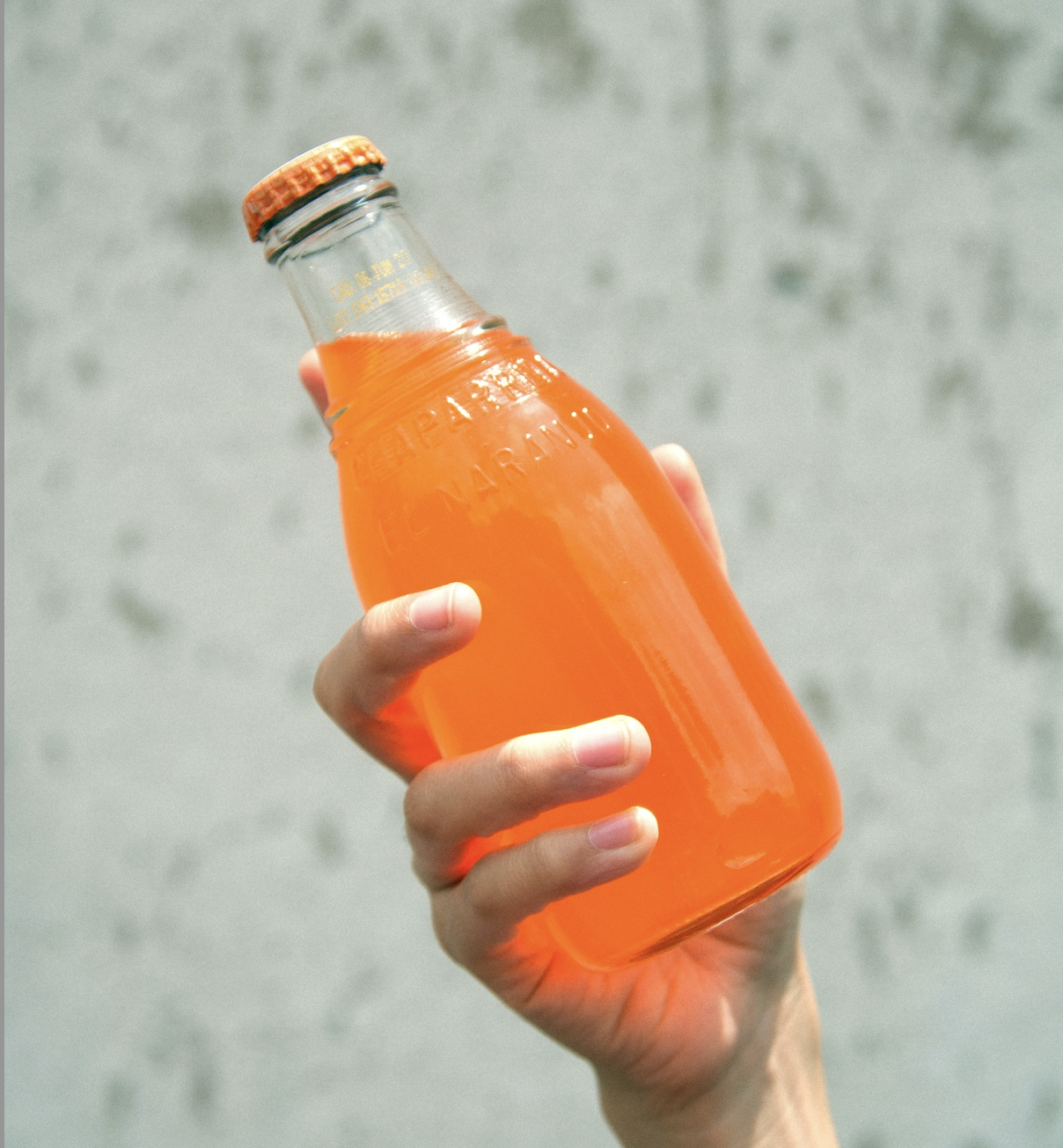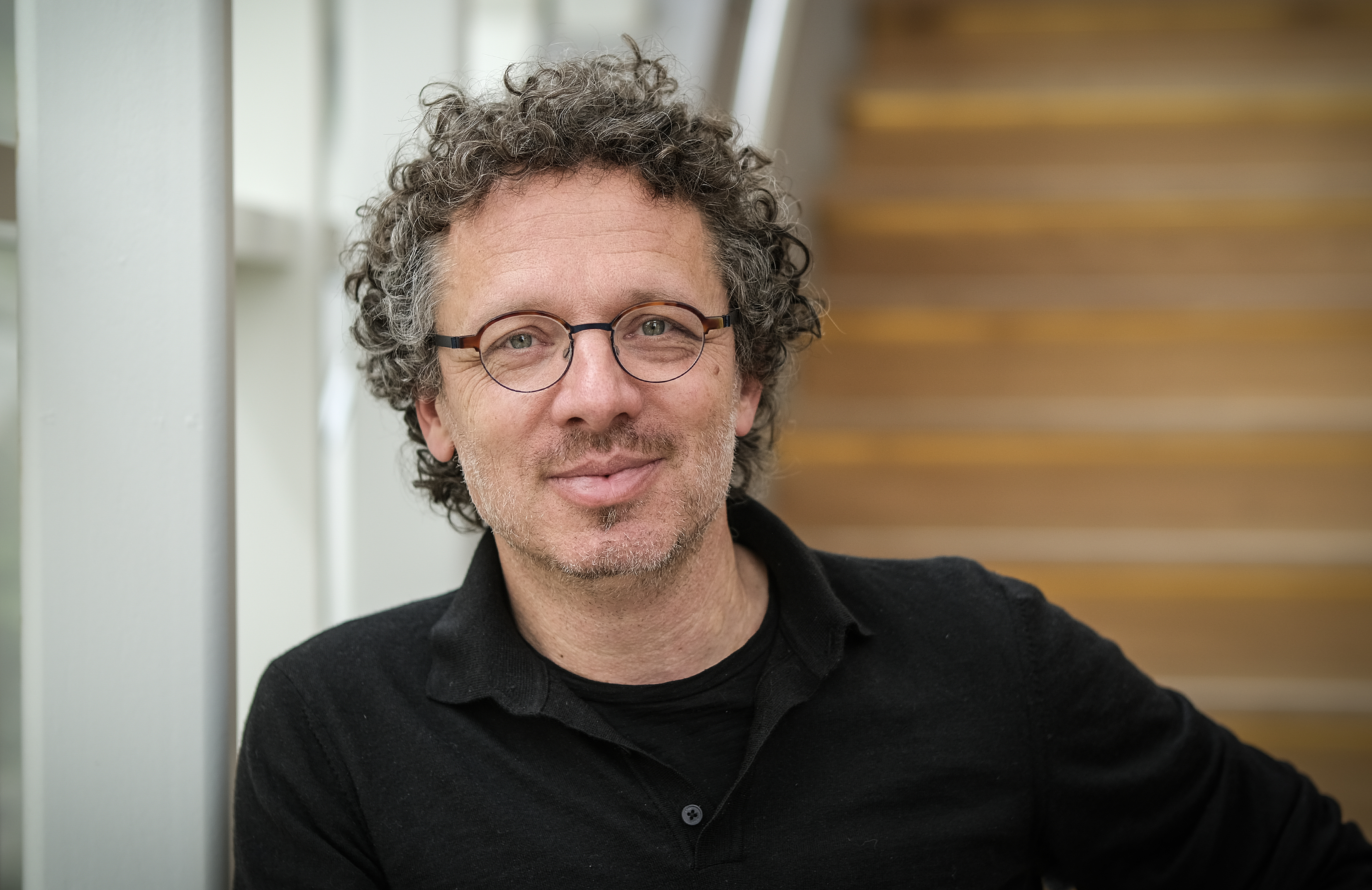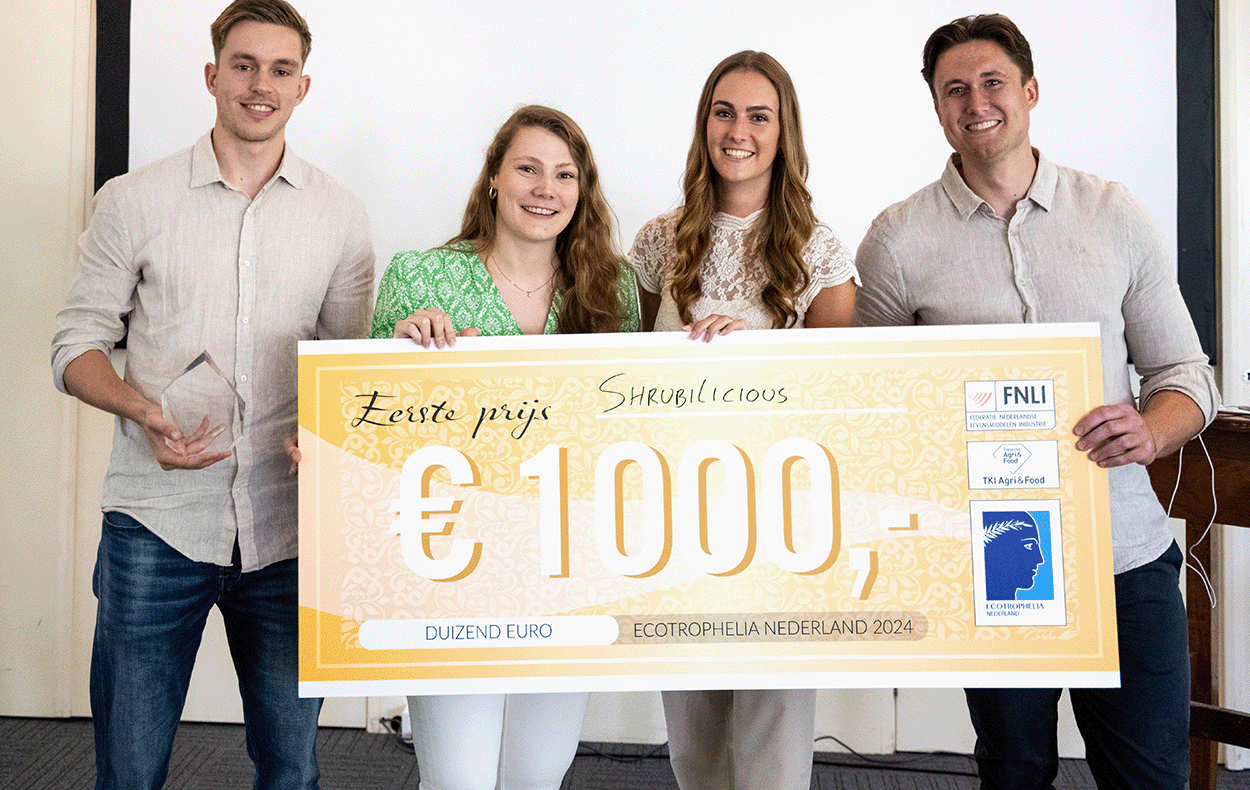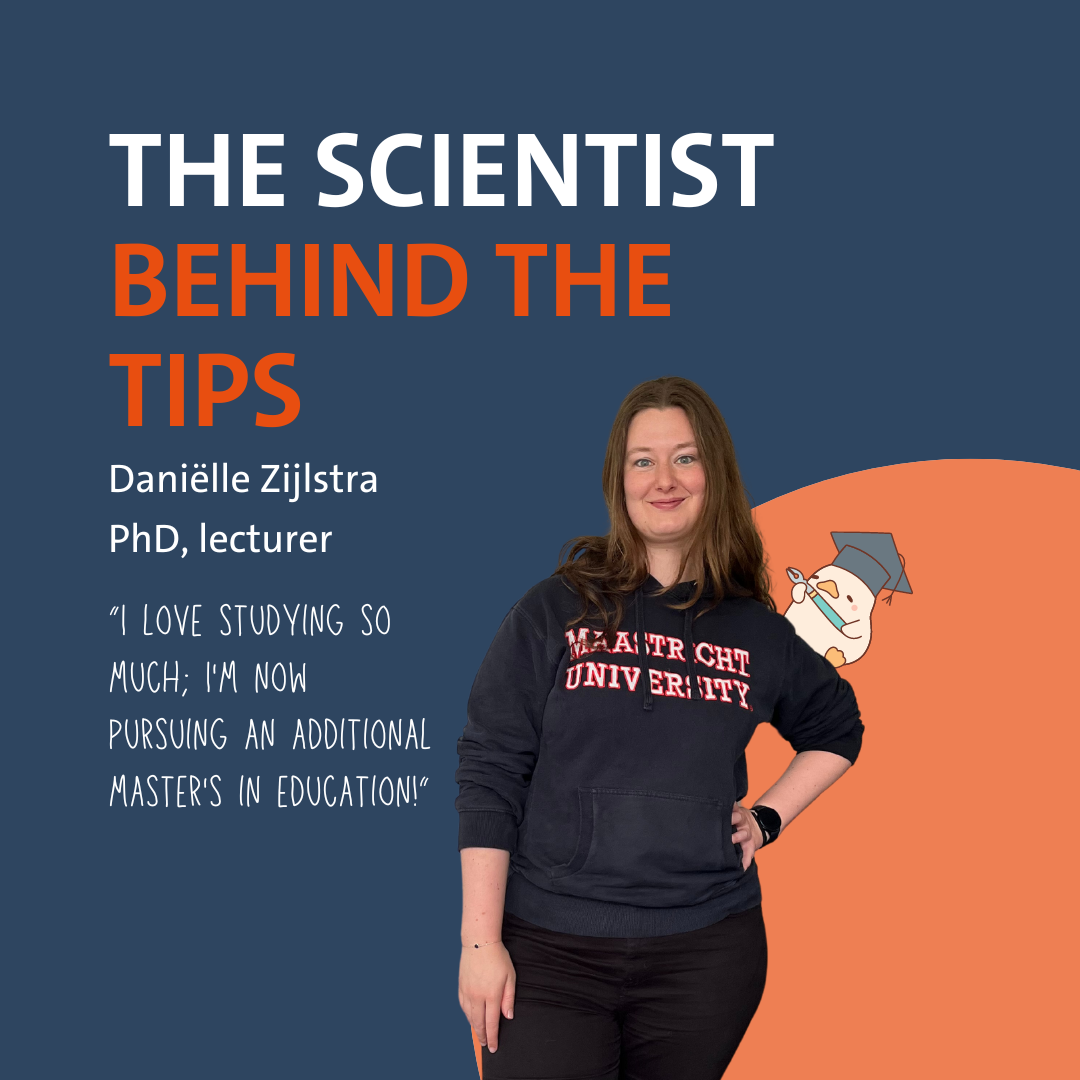Relationship between consumption of fruit sugar and the development of type 2 diabetes and cardiovascular disease further unravelled
Researchers from Maastricht UMC+ have found a link between the processing of fruit sugar in the body and the development of type 2 diabetes and cardiovascular disease. These findings support measures to reduce the consumption of fruit sugar.
Currently, more than one million people in the Netherlands have type 2 diabetes, also known as sugar disease. Diabetes has a huge impact on people's quality of life. At least half of those affected develop complications such as cardiovascular disease, damage to the nervous system, as well as to eyes, kidneys, and feet. Researchers from Maastricht UMC+ further studied the relationship between fruit sugar, one of the main added sugars, and type 2 diabetes and cardiovascular disease. They studied people who have a genetic predisposition to process fruit sugar less efficiently. They break down fruit sugar less effectively and excrete some of it in their urine. These people were found to have a lower risk of developing type 2 diabetes and cardiovascular disease.
Hereditary predisposition
Professor Martijn Brouwers and his team studied the effects of reduced processing of fructose in the body. "By studying people who are less able to process fructose in the body due to a genetic predisposition, we can specifically examine the role that fructose has played throughout life in the development of diseases," Brouwers said. He found that people with such a genetic predisposition not only had less fat accumulation in their liver and lower blood pressure, but also had a lower risk of developing type 2 diabetes and cardiovascular disease.
Causal relationship
Brouwers explains: "Earlier epidemiological research already showed a correlation between the consumption of added sugars and the development of type 2 diabetes and cardiovascular diseases. However, such a correlation does not automatically mean that there is a cause-and-effect relationship. People who consume a lot of fruit sugar from, for example, soft drinks may also have other unhealthy habits that lead to type 2 diabetes and cardiovascular diseases. By having people follow a specific diet, more insight can be gained into the actual role of fruit sugar. Last year, we found that people had less fat accumulation in their liver and lower blood pressure after following a diet without fruit sugar. Unfortunately, that study was too small-scale and short-lived to make a statement about the development of type 2 diabetes and cardiovascular diseases."
Supermarkets
These results support measures to reduce the consumption of fructose. One proven effective measure is the introduction of a so-called sugar tax on sugary drinks. Brouwers also believes that supermarkets should take responsibility: "Recent research by the Alliance for a Healthy Generation shows that unhealthy food still has a prominent place in supermarkets, both in layout and in promotions. If supermarkets have a healthier offering, it will contribute to a healthier population."
This news article was previously published by Maastricht UMC+. The research findings were recently published in the scientific journals American Journal of Clinical Nutrition, Clinical Nutrition and Diabetes Care. The research is supported by the Dutch Heart Association and the Dutch Diabetes Fund. Read the research report by the Alliance for a Healthy Generation here.
Also read
-
Drawing blood, inserting an IV, or looking into the ear; even seemingly simple medical procedures can cause anxiety, pain, and stress in children. According to pediatric intensivist Piet Leroy, comfort and trust are just as important as the medical treatment itself. Therefore, he is researching how...
-
Maastricht University students have won the Dutch final of the student competition Ecotrophelia, a drinking vinegar based on apple cider vinegar, fruit and herbs.
-
In the upcoming months, we’ll share tips on Instagram for our students on how to live a healthier life. Not just a random collection, but tips based on actual research happening at our faculty. The brains behind this idea are Lieve Vonken and Gido Metz, PhD candidates at CAPHRI, the Care and Public...



